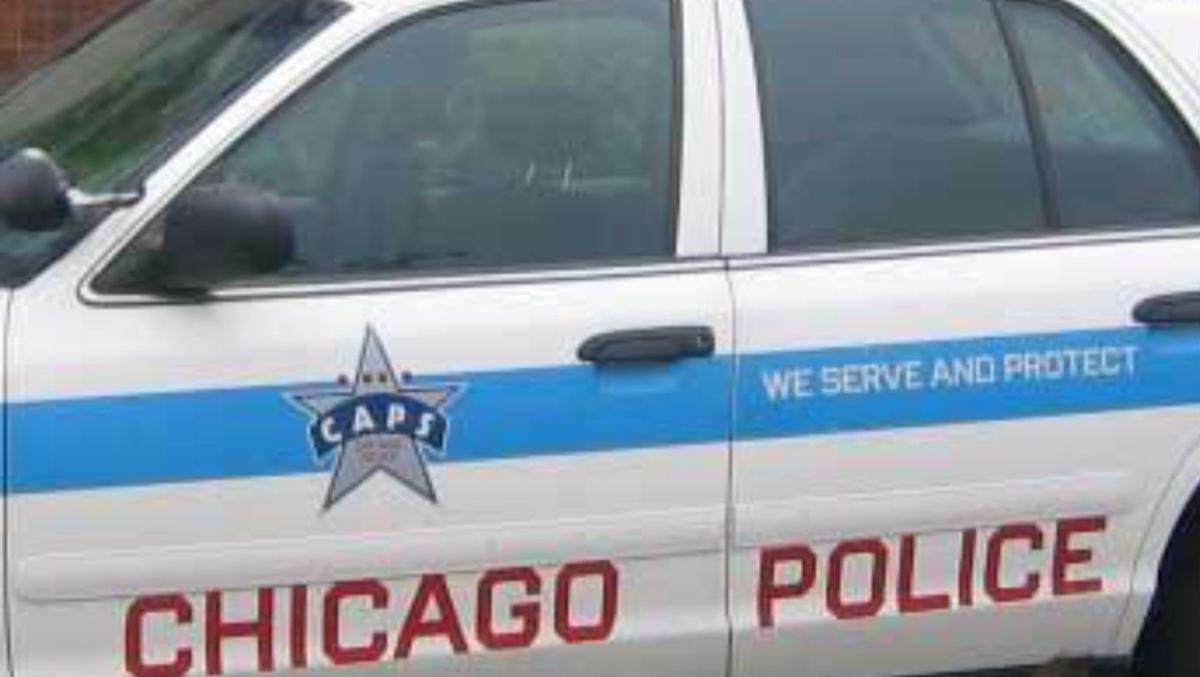As the Chicago Bears eye a move from Soldier Field to Arlington Heights, what's going on behind the scenes? And what might this move cost?
"Look, Soldier Field was fun. There were some good moments there, more losing than winning. But you need to modernize," said NBC Sports Chicago's David Kaplan. He says the Bears are at a crossroads.
Worth more than $5 billion, the Bears are the fifth most valuable team in the NFL, according to Forbes. But Soldier Field is the smallest stadium in the league, and their lakefront lease is up in 2033. Now, their eyes are on a massive prize: a new multi-billion dollar home in Arlington Heights.
"I think the Bears want to control everything, be able to have concerts and conventions and Final Fours and Big 10 title games, all of that," Kaplan said.
In September 2021, the Bears began their 50th season at Soldier Field. That same month, they signed a $197 million agreement to buy 326 acres that held the former Arlington International Racecourse.
Through a Freedom of Information Act request, NBC 5 Investigates obtained messages between Arlington Heights officials and anyone using a Bears email address.
The paper trail began with a letter from Mayor Thomas Hayes to George McCaskey on March 4, 2021, putting out a feeler about the team's interest in the property. He said the village was working to find a use for it "that is worthy of the track's legacy" and that he hoped to discuss how they might "work together to build something special there."
Local
Since that day, their communications paint a picture of partnership – completely coordinated messaging and, as Bears President Ted Phillips put it, shared excitement about "bringing our vision to life."
Compare that to the team's relationship with the City of Chicago, which is pitching the Bears to stay and, as Phillips noted in one email, leaked news of the deal to buy the Arlington Heights property before they or the northwest suburb had a chance to announce it.
Feeling out of the loop? We'll catch you up on the Chicago news you need to know. Sign up for the weekly Chicago Catch-Up newsletter here.
But, as Phillips told the Arlington Heights mayor one month prior - the Bears were prepared for, even anticipated that possibility. Mayor Lori Lightfoot's office did not respond to request for comment on the leak or the move. The Bears have said that while they are under contract to buy the land, they will not explore any alternative stadium sites, including the option of staying where they are.
"I think the city underestimated the Bears," Kaplan said. "And then when they come out and give you a statement that, 'We are not even looking at anything about Soldier Field, the only thing we're looking at is that plan,' it tells you where their head is."
The emails reveal that the Bears asked Arlington Heights officials to notify them of any public records requests - just like the one filed by NBC 5 Investigates - indicating the team is eyeing all questions about the potential development very closely.
Records also show Arlington Heights officials have organized stakeholder meetings for the Bears with chambers of commerce, school districts and surrounding suburbs like Schaumburg, Palatine and Elk Grove Village, among others.
When reached by phone Thursday, Hayes said those meetings were to provide stakeholders with an opportunity to look at preliminary plans before they were publicly released, to include those organizations and communities in the process and to address any preliminary concerns they may have had.
The Bears have pitched the move as a win for everyone, saying the development will generate $1.4 billion in annual economic impact, including $51 million in tax revenue for Illinois each year. When reached for comment, a spokesman for the Bears declined to share more specifics on their methodology and how they reached those projections. Hayes said the team has also not shared that information with the village, which plans to do its own analysis on the potential development's economic impact.
But University of Chicago Professor Allen Sanderson, an expert in sports economics, casts doubt on the Bears' figures.
"Take any estimate a team or a chamber of commerce gives you as to how much this is going to be worth… Take whatever number they give you and move the decimal point one to the left. And you're probably pretty close," Sanderson said.
Sanderson was part of Chicago's working group to revitalize the Museum Campus. He said no matter where you put them, stadiums carry a lot of risk - and little financial upside.
"The two things you do not want to build on a valuable piece of real estate are a cemetery and a football stadium," he continued. "Those two things are just economic losers."
Sanderson said part of the reason is that football stadiums have a low occupancy rate and are vying against one another to host a limited number of events.
"There's only going to be approximately one Super Bowl a year. There's only approximately going to be one NCAA championship," he said. "It's not like the NCAA is going to play twice as many games just because you’ve got another stadium. So you're still going to have to compete with everybody else in the country for that."
Another challenge? The way fans engage with the game has changed as technology has improved, Sanderson said.
"The NFL is painfully aware of the fact that going to a football game is just less attractive than it used to be," he said. "You've got an 80-inch color flat screen television with just unbelievable technology involved in it so that watching football game at home becomes a much more attractive option."
The Raiders' new stadium in Las Vegas cost roughly $2 billion, while the Rams' stadium in Los Angeles cost about $5 billion, experts estimate. The Bears say they won't ask for tax dollars to build the stadium itself but they do want public funding for infrastructure and other parts of the development.
Both the mayor of Arlington Heights and the Bears said when it comes to how much public funding the team will seek, they have not discussed any numbers - and they don't plan to do so until after the Bears close on the property, which could happen by the end of this year or early 2023.
"Certainly our residents are concerned and, you know, my village board is concerned, and myself, in terms of what our financial commitment might be to the development of this property," Hayes said. "Our ultimate goal is to make sure that it's a win-win for both the Bears and the Village of Arlington Heights so, you know, we're not going to do anything that's going to bankrupt our village or our residents."
This all comes as taxpayers are still paying off their portion of Soldier Field's more than $600 million renovation twenty years ago.
"You've got to have your eyes wide open with this. Everybody talks about the benefits but there are costs… How much are you willing to pay for this facility?" Sanderson said. "If we overpay for the Bears, that means we're going to have to underpay for something else, whether it's public schools or safety or some other civic amenity. These things all cost money."
With so much on the line, what are the odds this move falls through?
"Look, I don't think Mayor Lightfoot had any chance of keeping this team," Kaplan said. "It's not her fault. It's business, man. It is not for the faint of heart and the Bears are going to make a tremendous business move that should take their franchise to the next level. Now will they win football games because of it? That remains to be seen."



